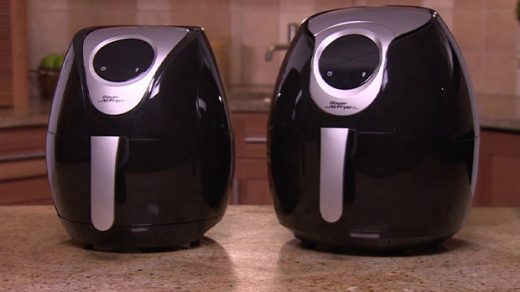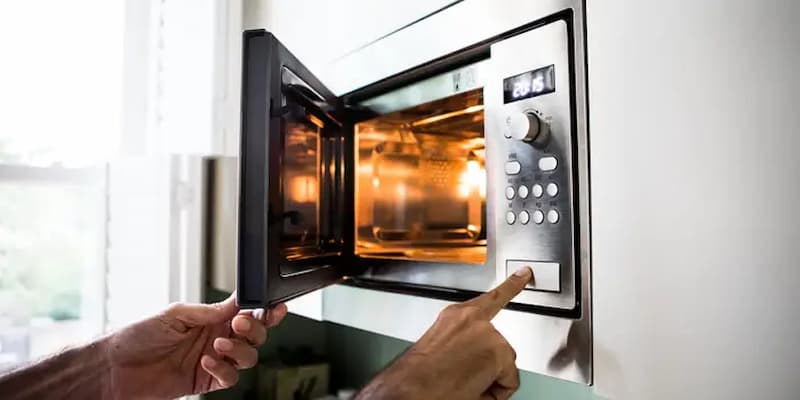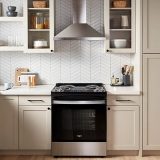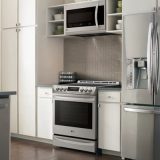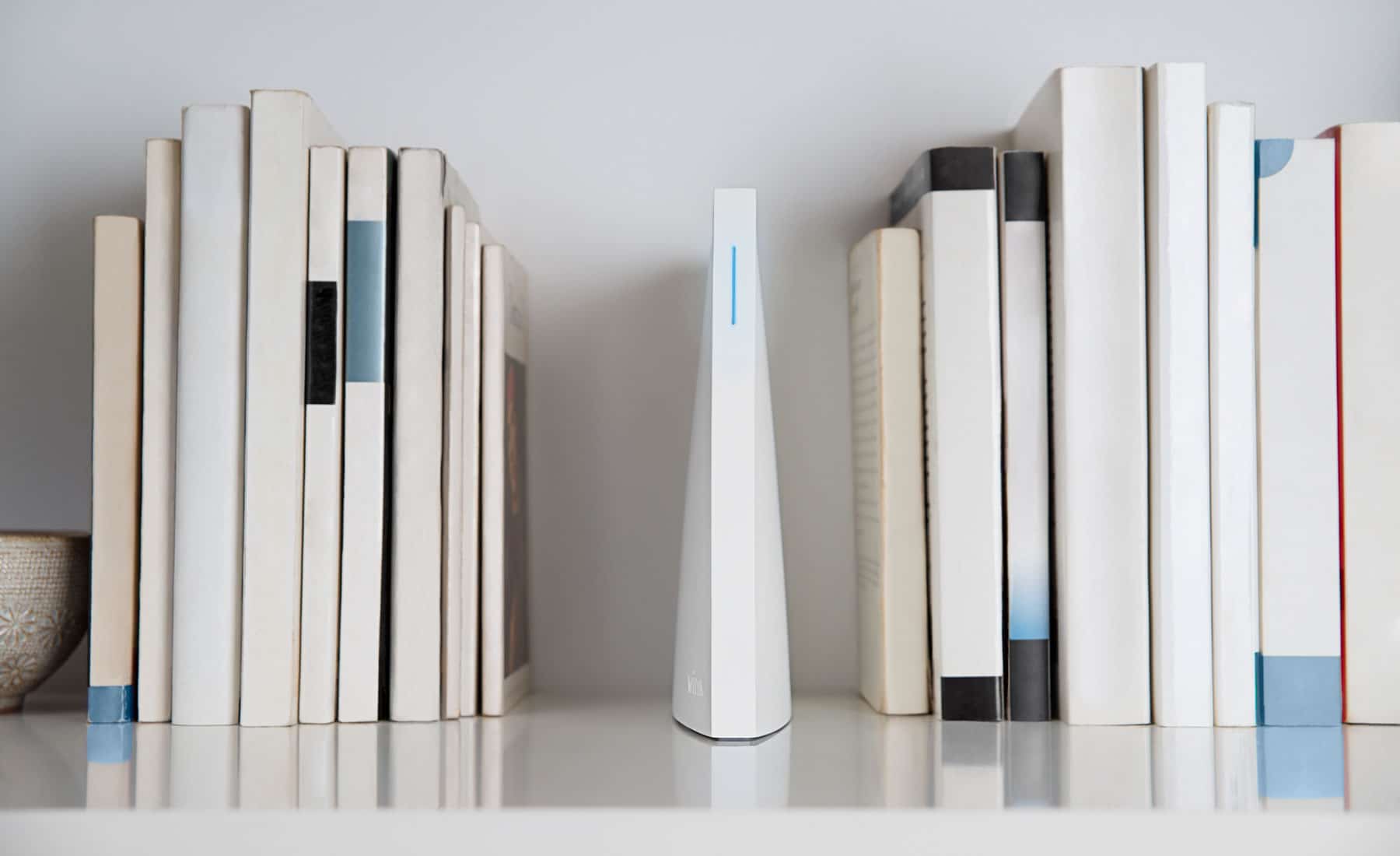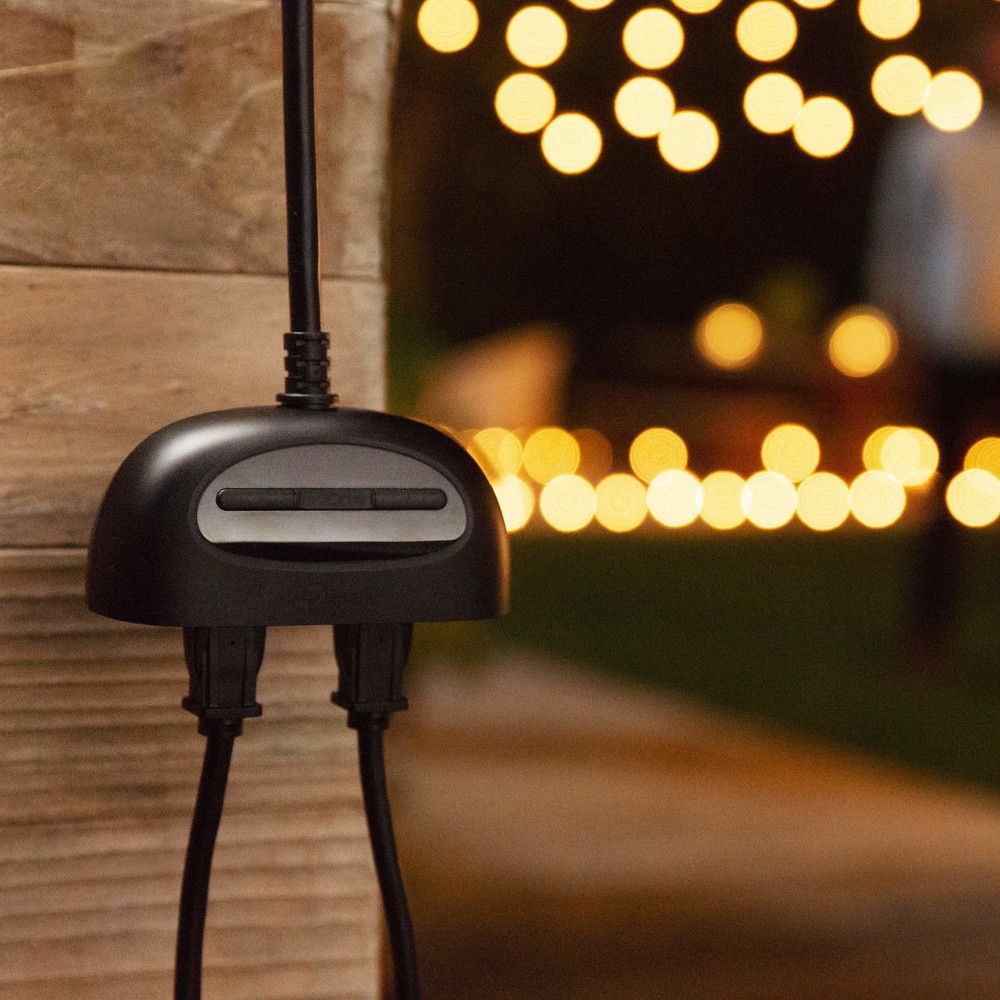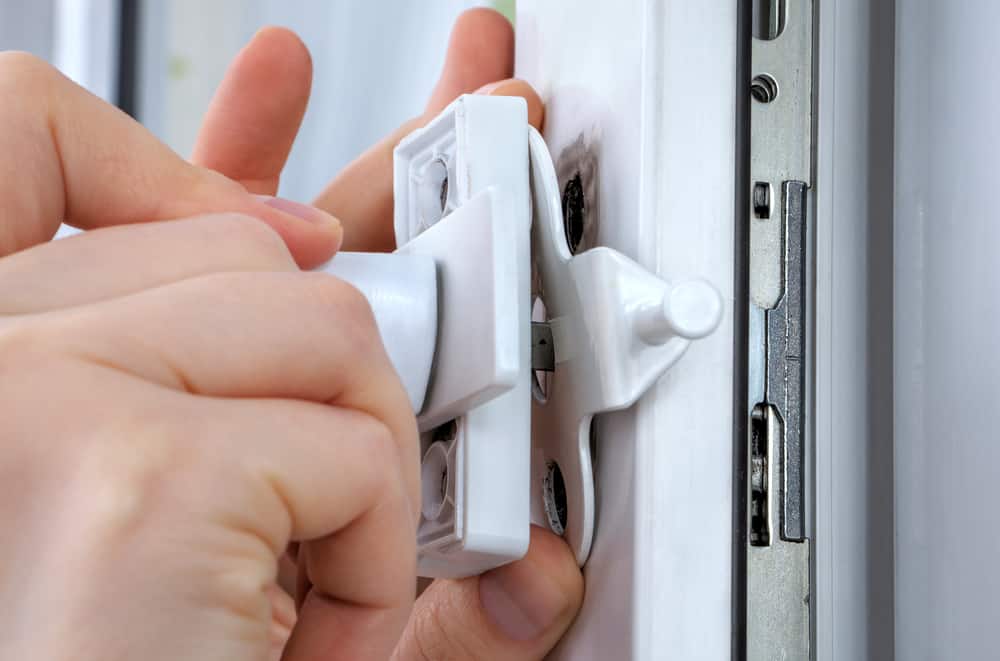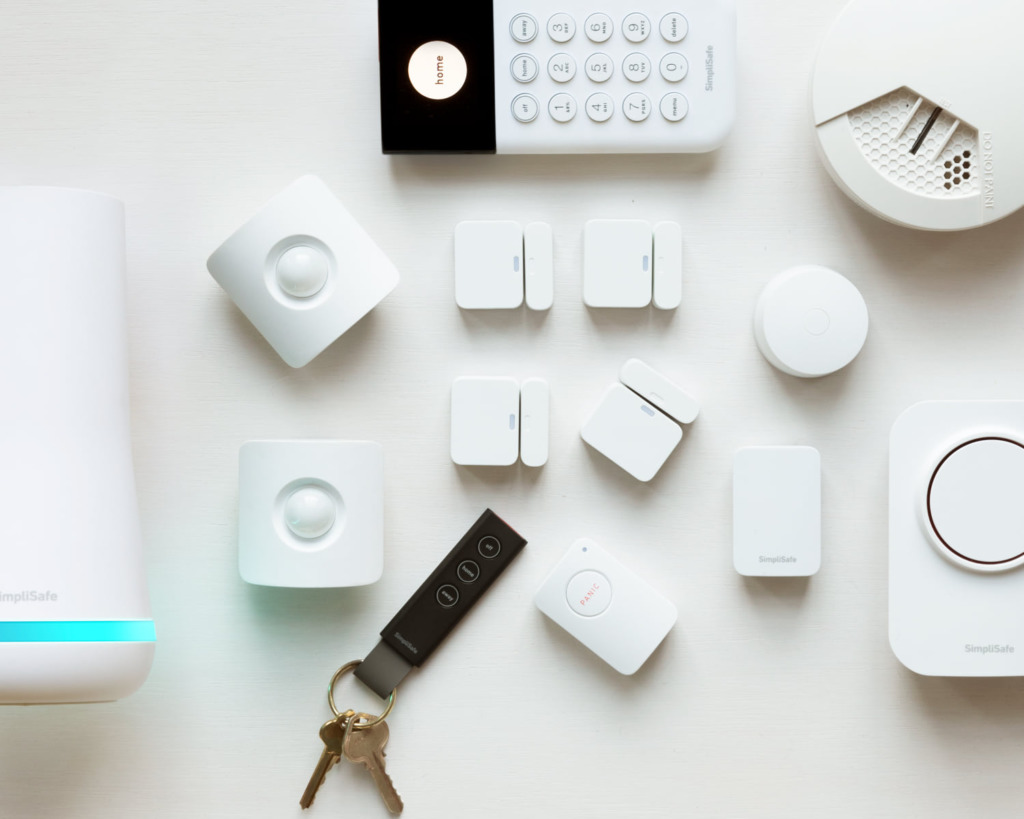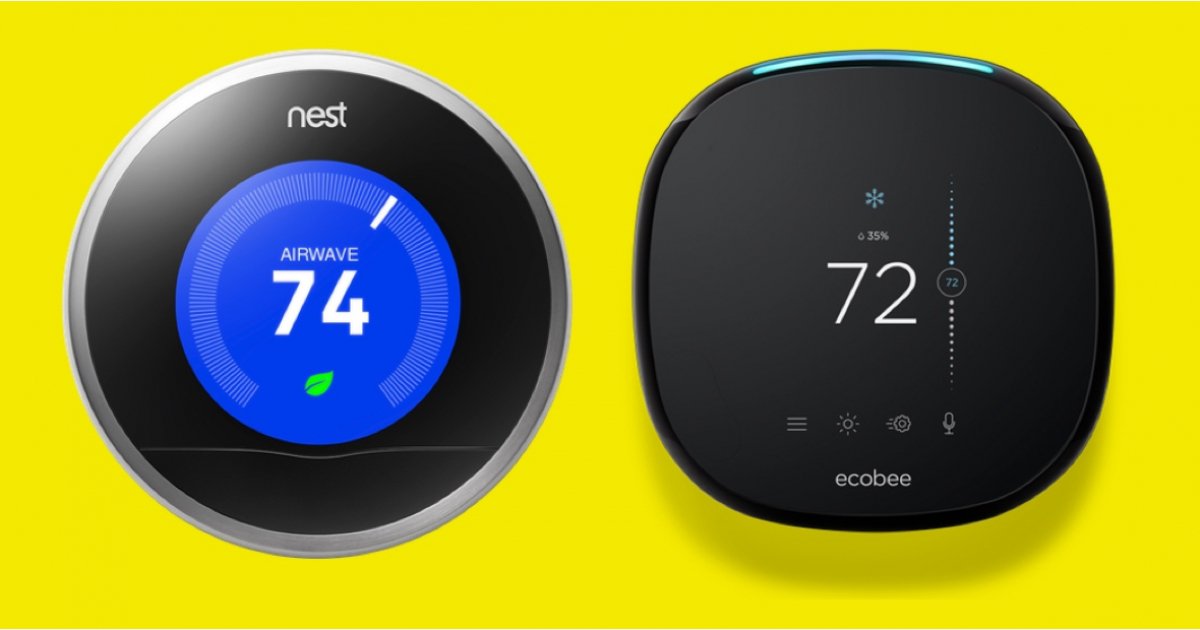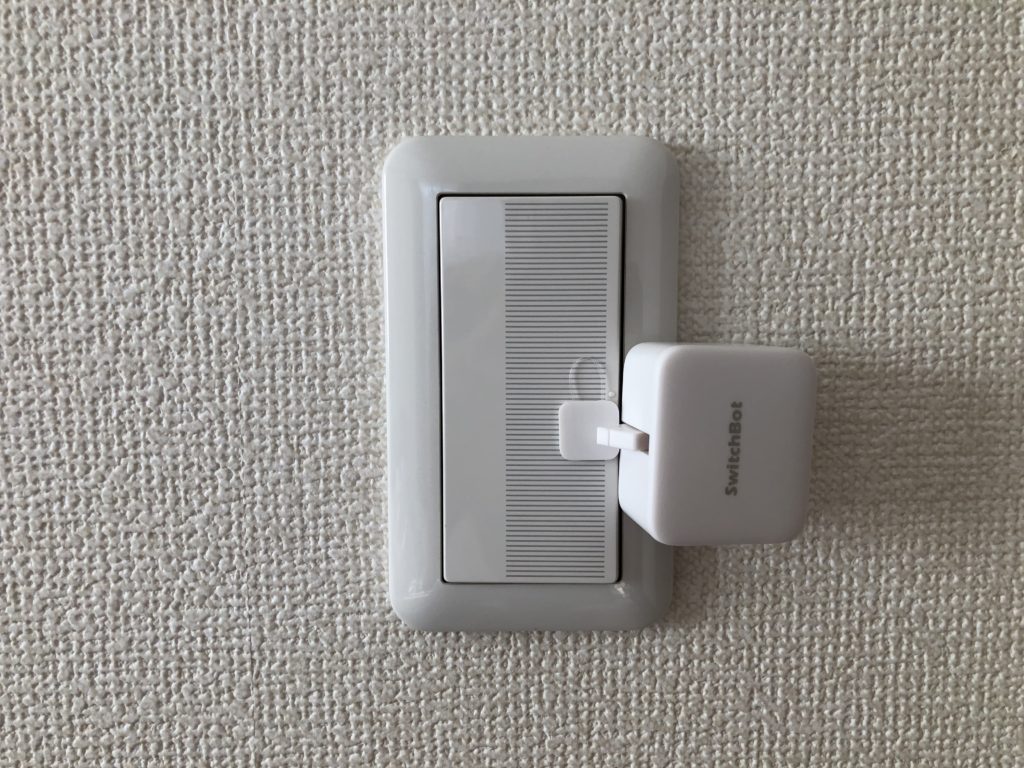Table of Contents
Gas Vs Electric Oven: Which One is Better?
The difference between a gas and electric oven is that gas ovens use natural gas as their fuel source, while electric ovens use electricity.
Both types of ovens are available as a range, a kitchen appliance with an oven and a cooktop.
Which is better, then? Let’s find out as we turn up the heat on gas vs. electric ovens in the ultimate kitchen war.
What is a Gas Oven?
A kitchen appliance known as a gas oven runs on either propane or natural gas as its fuel. Radiation from burners inside the gas oven heats the food. A small amount of moisture that circulates in the air is also released when the gas burns. An appliance called a gas range has a cooktop with open flame as well as an oven.
Pros and Cons of a Gas Oven
Check out these advantages and disadvantages if you think a gas oven will spark your culinary skills more.
Benefits of a Gas Oven
Since it takes less time to pre-heat a gas oven to the desired temperature, cooking times are generally faster when using gas ovens.
Additionally, they offer an even distribution of heat, which is beneficial for cooking multiple items simultaneously and achieving various results, such as cooking meat on the bottom shelf and roast potatoes on the top.
Disadvantages of a Gas Oven
Gas installation is a specialized skill that, in the hands of an amateur with no training, can be very dangerous. Therefore, to install your gas oven safely, you’ll need to contact a licensed gas professional. You can expect to pay for this, of course.
Additionally lacking a fan, gas ovens can make it more difficult for heat to circulate. As mentioned above, while this can be excellent for achieving different cooking results, if you want the same results for multiple trays, it can lead to an uneven bake and necessitate some serious shelf juggling.
Also Read:
What is An Electric Oven?
An electric oven is a kitchen appliance that utilizes electricity as opposed to gas. For many years, electric coil cooktops were a common feature of electric ranges. Smoothtop and induction cooktops are more popular in recent models. Similar to gas ovens, eclectic ovens have internal heating elements that radiate heat to warm food.
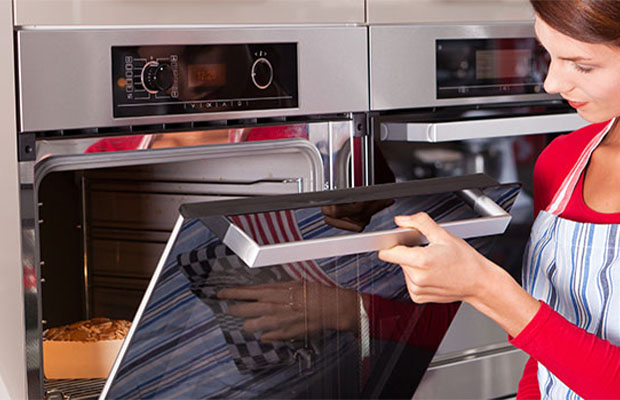
Pros and Cons of An Electric Oven
Consider the following factors for a well-informed choice if you’re sold on the idea of an electric oven.
Benefits of An Electric Oven
Although electric generally provides a faster cooking experience, gas may have the advantage in terms of heating speed.
Particularly fan-assisted electric ovens, they have a tendency to disperse heat more evenly. This makes it possible for the hot air to circulate all around the oven, enveloping the object and cooking the food from various angles.
Disadvantages of An Electric Oven
As was already mentioned, electric ovens can take a while to heat up, which could add up to an additional 30 minutes of cooking time. Additionally, because of how long it retains heat, adjusting temperature can occasionally be challenging.
The fact that electrical ovens can frequently suffer fatalities during power outages may be their biggest drawback. If you’re in the middle of an oven bake and the power goes out where you are, it’s an immediate roadblock without a side trip.
Gas Vs. Electric Oven: What Are the Differences?
You may have the option to select between a gas and an electric stove if you’re remodeling or building a new house. Here are some differences to consider:
- Availability: An electric oven can be installed in most homes. You need to run a natural gas line to your kitchen in order to install a gas oven. Determine whether your home has enough space for a gas stove before taking other factors into account.
- Cooktops: Due to their ability to char food directly over the flame, gas stovetops are preferred by many cooks. An intuitive cooking experience can be had by adjusting the flame. However, there is a chance for more uniform heat distribution with electric stovetops. An electric oven and a gas stovetop might not be required. Electric and gas cooktops are both included in dual-fuel ranges.
- Costs: The upfront cost of an oven is more affected by its features and newer model than by its fuel source. Gas ovens have less expensive operating costs, though. Electric ovens use more energy than gas ovens, and natural gas is typically less expensive than electricity. However, electric ovens have the potential to run on renewable energy sources like solar or wind power.
- Moisture: Cakes and pies can stay moist by using gas burners, which when burning release some moisture into the air. Electric ovens produce dryer heat, which makes roasted foods crispier.
- Safety: Although gas ovens aren’t particularly dangerous, they do present more safety risks, such as gas leaks, when compared to electric ovens. While induction cooktops do not feel hot to the touch, open-flame cooktops bring fire into the kitchen. It’s crucial to keep your kitchen well ventilated because gas ovens can occasionally release a small amount of toxic nitrogen dioxide.
- Speed: As opposed to gas cooktops, which produce heat instantly, electric cooktops take longer to reach the desired temperature. However, more recent electric models can outperform their gas counterparts. Compared to gas ovens, modern electric ovens heat up more quickly.
Read More: Can You Put a Plate in the Oven?
FAQs
Is It Cheaper to Run An Electric Oven Or Gas of It?
Does a Gas Oven Cook the Same as An Electric Oven?
Is It Cheaper to Cook With Gas Or Electric 2022?
Final Thoughts: Which is Better – Gas Or Electric Oven?
When it comes to cooking certain foods, the subtle differences between a gas oven and an electric oven can have a big impact.
In the end, the winner of the electric vs. gas debate will largely depend on your personal preferences and preferred cooking techniques.
In the long run, gas can be less expensive, but it does require specialized installation, as opposed to an electric model that only requires an outlet. However, if you reside in a region where power outages are frequent, using an electric oven might not be a reliable option.
The differences in cooking quality and end result can also be a decisive factor, while many will simply opt for what they are familiar with in a “better the devil you know” mindset. However, if you’re really torn between the two, there are hybrid options that offer the best of both worlds.
Read More: Microwave Vs. Oven

